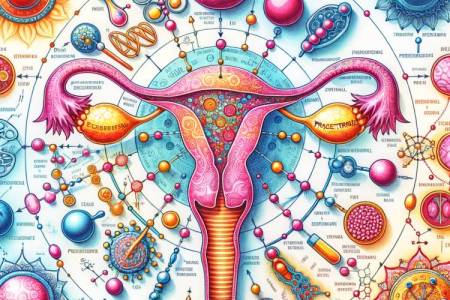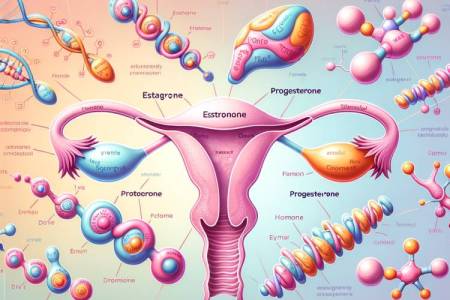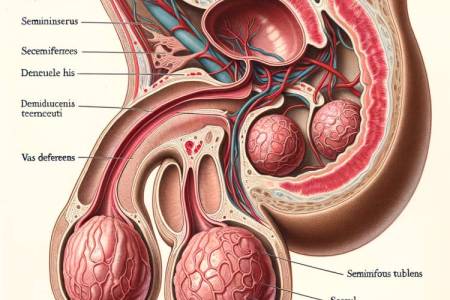Sexual Myths and Misinformation: How to Uncover the Truth and Find a Healthy Perspective on Sexuality
Sexuality is one of the most intimate and sensitive areas of our lives, yet it is surrounded by numerous myths and misinformation. These myths often stem from ignorance, cultural prejudices, or a lack of education, leading to unnecessary stress, shame, and misunderstandings. I’d like to share some common sexual myths, their origins, and how to debunk them using scientific facts and education.
Men Always Have a Greater Sexual Appetite than Women
One of the most common myths is that men naturally have a higher sex drive than women. This myth can lead to misunderstandings and feelings of inadequacy in women who have a higher libido than their partners. This misconception comes from traditional gender roles and stereotypes, which portray men as dominant and sexually active, while women are seen as passive and submissive. However, studies show that sexual desire is individual and can vary greatly between people, regardless of gender. Hormones, emotional state, and lifestyle play key roles in sexual appetite.
Sex is Always Satisfying for Men
Another widespread myth is that men always experience satisfaction during sexual intercourse. This belief can create pressure on men to always achieve an erection and orgasm, which can be frustrating and stressful. This myth is often reinforced by pornography and media that depict male sexuality as straightforward and always fulfilling. The truth is that men, like women, can have trouble achieving orgasm for various reasons, including stress, fatigue, health issues, or emotional state. My friend Martin once told me about a period when he couldn’t achieve an erection due to work-related stress. Open communication and support helped him overcome these problems. My advice is to be patient and open with your partner. Don’t focus solely on orgasm, but on the overall experience and intimacy.
Penis Size Determines Sexual Satisfaction
One of the most deeply ingrained myths is that penis size is the key factor for a quality sexual experience. This misconception can cause insecurity and anxiety in men and unrealistic expectations in women. This myth is often perpetuated by pornography and cultural stereotypes that place undue importance on penis size. However, studies show that most women do not consider penis size to be the most important factor in sexual satisfaction. Emotional connection, communication, and technique are far more important.
Women Don’t Need Masturbation
Many believe that women don’t have the same need or desire for masturbation as men. This myth can lead to feelings of shame and guilt in women who enjoy exploring their own bodies. The misconception may stem from long-standing cultural and religious prejudices that limit female sexuality and portray it as less natural or desirable. In reality, masturbation is a natural and healthy activity for both sexes. It helps women better understand their bodies, boosts sexual confidence, and improves sexual health. Don’t be afraid to explore your body and your sexual needs! Masturbation is a natural part of sexual well-being.
Older People Are Not Interested in Sex
This myth suggests that sexual desire and activity naturally decline with age and that older adults have no interest in maintaining a sexual life. This belief can lead to feelings of isolation and dissatisfaction among older adults. The myth is often fuelled by cultural stereotypes that view sexuality as a privilege of the young. However, research shows that many older adults continue to have active and fulfilling sex lives. Health, relationship dynamics, and emotional well-being are key factors that affect sexual activity at any age. My aunt Marie, now 65 years old, once shared with me that her sex life with her husband is still filled with love and passion.
Sexual myths and misinformation can have serious impacts on our self-esteem, relationships, and overall sexual health. It’s important to educate ourselves, communicate openly, and seek reliable sources of information. Open discussion and understanding can help us debunk these myths and find a healthier and more fulfilling perspective on sexuality. Remember, every person is unique, and our sexual needs and desires are different. The key is to find what works best for us and brings us joy and satisfaction.

 Tongue Tornado
Tongue Tornado 













Comments (0)
Facebook Comments (0)